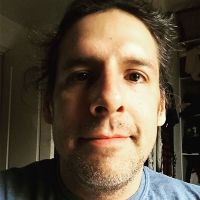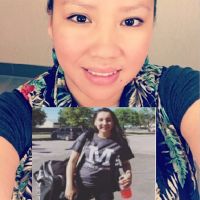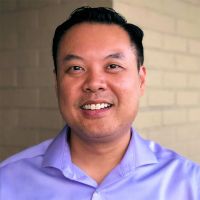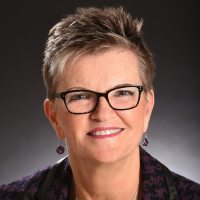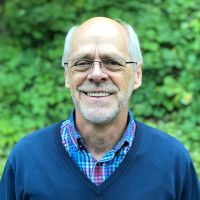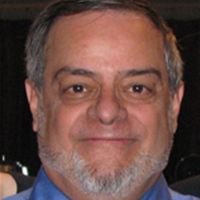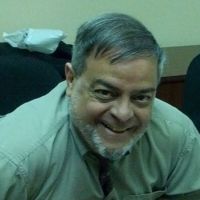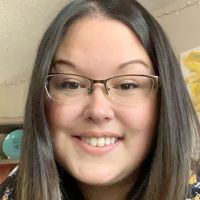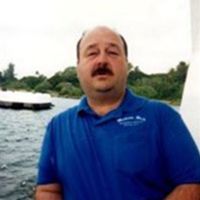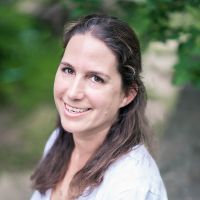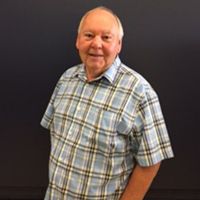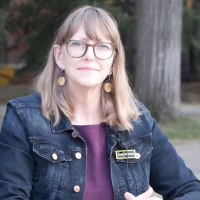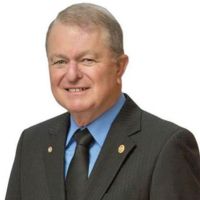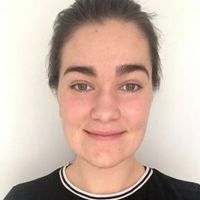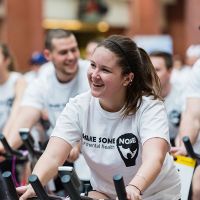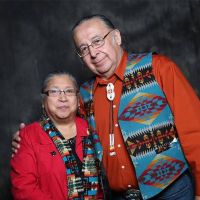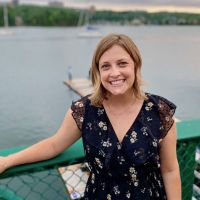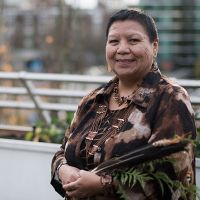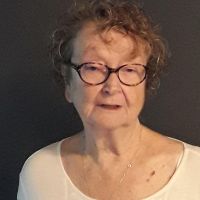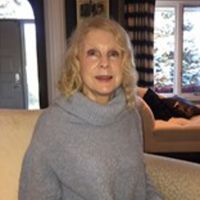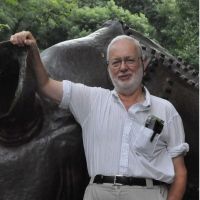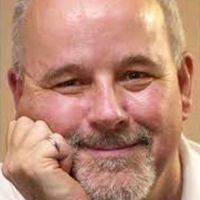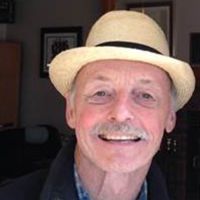Pascual Delgado
A native of Cuba –and a Canadian citizen since 1973– Pascual Delgado has been active as a community development organizer and cross-cultural trainer for various companies and public institutions since his arrival in Quebec. From 1975 till 1981, Delgado was the Director of Spanish-language programming at Radio Centre-Ville Saint-Louis, CINQ-FM –Quebec’s first community radio station. From 1981 till 1985, Delgado worked as a community development organizer for the International YMCA in charge of creating committees to advocate for the rights of ethnic minorities as well as raising funds for international development projects. In 1985, he was promoted to the head office of the Montreal YMCA as Director of the Ethnic Minorities Rights Department. In total, he worked as an employee of the Montreal YMCA for 14½ years. In 1984, Delgado was one of the founders of ACCÉSSS (Alliance des communautés culturelles pour l’égalité dans la santé et les services sociaux) –a province-wide federation created to advocate for equality in the delivery of public healthcare and social services for the ethnocultural communities of Quebec. Since 2004, Delgado has been working on-and-off at ACCÉSSS as a community development organizer and fundraiser, creating training tools and programs to sensitize institutions and groups for the prevention of family violence, as well as regarding the problematic of ageing in a multicultural society. From 1991 to 1994, Delgado acted as a member of the Committee on Inter-ethnic and Inter-racial Relations of the Quebec Human Rights Commission. In 1992, Delgado was awarded the Medal of the 125th Anniversary of Confederation by the Government of Canada. From 1992 till 1994, he was appointed to the Advisory Committee on Employment Equity Programs for Ethnocultural Communities of the Treasury Board of the Government of Quebec. From 1993 to 1997, Delgado was elected to the Board of Directors of The Metropolitan Montreal Regional Healthcare and Social Services Planning Board, overseeing an annual of budget of appx. $ 3.5 billion. From1997 till 2001, and again from 2003 till 2006, Delgado was appointed and served in municipal advisory committees on cross-cultural relations attached to Metropolitan Montreal City administration. From 2004 till 2010, Delgado served as a member of the Committee for the Delivery of Healthcare Services and Social Services to Persons Issuing from the Cultural Communities, advising the Minister of Health and Social Services of the Government of Quebec. From 2008 to 2012, Delgado was a member of the Family Caregivers Advisory Committee of the Mental Health Commission of Canada. From 2011 to 2014, Delgado was president of the Provincial Government’s Strategic Implementation Committee to Counteract Mistreatment of Cultural Communities’ Elderly. From 2013 to 2016, he was appointed to the National Committee on the Ethics of Ageing by the Minister of Health and Social Services of the Provincial government. Between 2016 and 2020, Delgado acted as a member of an advisory committee to Montreal’s Regional Public Health Directorate’s Regional Action Plan for the Promotion of Heath and the Social Participation of Seniors. Since May of 2016, Delgado has been a DAC-SPOR active partner in both the Collective Patients’ Circle and the Francophone and Immigrant Patients Circle; and continues his engagement in the DAC 2.0. In 2022, he was appointed to the Executive Council of Diabetes Action Canada; and on January 11th 2023, he was named Chair of Diabetes Action Canada’s EDI (Equality Diversity and Inclusion) Committee.



